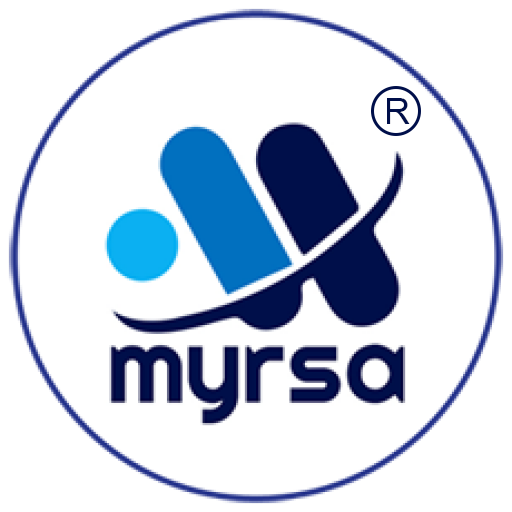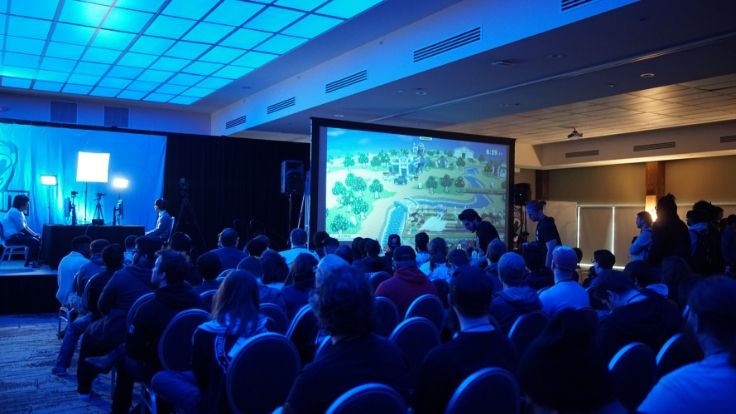It’s 2019 and getting consumers attention has become even harder now. For this reason alone it is easy to see why brands are falling in love with the idea of experiential marketing.
Experiential campaigns are immersive, live and memorable which will help you deliver your message without distractions. When you are new to it, it is possible that your strategy may lack the standard definition.
So what exactly is experiential marketing? Are there different types of it? How does it differ from your traditional marketing, or from live events generally? And when will be the perfect time for your brand to use this technique over other tactics?
Let us get a better understanding of the meaning of experiential marketing.
Experiential marketing, defined
Experiential marketing is a strategy that a brand uses to give a personalised experience. Also referred to as “live marketing” or “event marketing experience” the idea of this is to create a memorable impact on the customer. An experience that will motivate them to share with their friends both online and offline. This could be in the forms of event, a part of an event or a popup activation that is not tied to any event.
At its essence, experiential marketing is all about immersing the customers in live experiences. It’s likely a similar approach to the one that you use while crafting an event experience.

Events do often overlap with experiential marketing in two ways. Events can be a part of larger campaigns as a grand opening of a popup shop. Even smaller brand activation can be a part of an on-site art installation.
No matter which of the cases you fall under, you must be clear about the goals for each campaign. There are different ways to measure the impact of your experiential marketing campaign. Social expressions earned that means having a unique hashtag and by surveying your attendees after the event.
Should you try experiential marketing?
When should your brand incorporate an experiential marketing campaign in your business? It depends upon your goals, timeline and the resources.
Experiential marketing can help you humanize your brand and create an experience that will leave people with a permanent and positive impression. Although these experiences are in person and live you need to add social and other means to amplify your efforts across different channels.
Related Post: Start your own hassle-free popup shop!
It is not enough to provide your customers with the prize wheel or lottery and then call it a day. That type of event is not called as experiential marketing. You need to create different ways or touch points that will engage your attendees in unexpected ways. That provides benefit to all of you, your event and your sponsors if you have them. This means that you need to have the budget to make your event big or a brand name that will make it big.
Better Experiences for Consumers and Brands
The goal of experiential marketing is to create a lasting impression on customers that they will want to share with others that will ultimately lead to brand loyalty. You are not just advertising the product but you are making the customers aware of what their life would be with the product. You are creating that connection between your brand and the positive vibes of the customer.
Many managers have started to devote almost 20-50 per cent of their budgets to experiential marketing efforts over the next few years. If they are not a part of your marketing strategy right now, then they should be. These are the benefits and the main reasons why you should:
1. Lasting Connections With Consumers
One of the main reasons big brands are following this trend is that it creates a lasting impact on the customers. Many of them have already begun building connections through this. Enhancing the experience by different activities turn out to be the best options for brands.
2. More Data in the Moment
When it comes to any form of marketing knowledge is power. Collecting information or data of customers through these has become the top priority of many businesses. Marketers need data about customers to know where and how to reach them most effectively. Product developers need to know which product will appeal more to the customers. Business leaders need to steer the direction of their companies.

Experiential marketing gives customers the prospect to learn about products and brands while also enjoying the experience. Those customers who are willing to exchange their personal info as the admission price to an event or experience they want to attend.
Experiential marketing is essential for data collection. The data that is collected from these events can be used to make changes in the messaging, create value, and increase customer engagement on the spot.
3. An active perception of your product
One of the main goals of marketing is to give knowledge about your product to the customers and this works well when the customer is engaged. Most people go out of their way to avoid commercials, yet most will go out to have unique experiences. That’s why experiential marketing works so well. Tie your brand or product to a new experience, like events, and consumers are most likely to get the message. In fact, 65% of consumers say that live events or product demonstration helped the customers to learn better about the product than any commercial could.
Luxury brands and other sectors are using experiential marketing to transform customer experience. Well executed marketing campaigns can turn passive customers to active participants.
Related Post: Test out new markets with no long term commitments!
It helps in transforming and elevating the connections of brands with the customers, and that’s becoming increasingly important as customers demand more specialization. With the benefits that are mentioned above, won’t be long that everyone catches up with it.
Unique spaces play a much important role in experiential marketing than you think. Finding spaces in different spaces like malls, hotels, office parks and many more is possible through Myrsa. Renting spaces on a temporary basis becomes a huge challenge for businesses. Myrsa has made this process of finding event venue easier and renting spaces for your experiential marketing has become as easy as booking a hotel. Visit our website to know more.


Leave a Reply